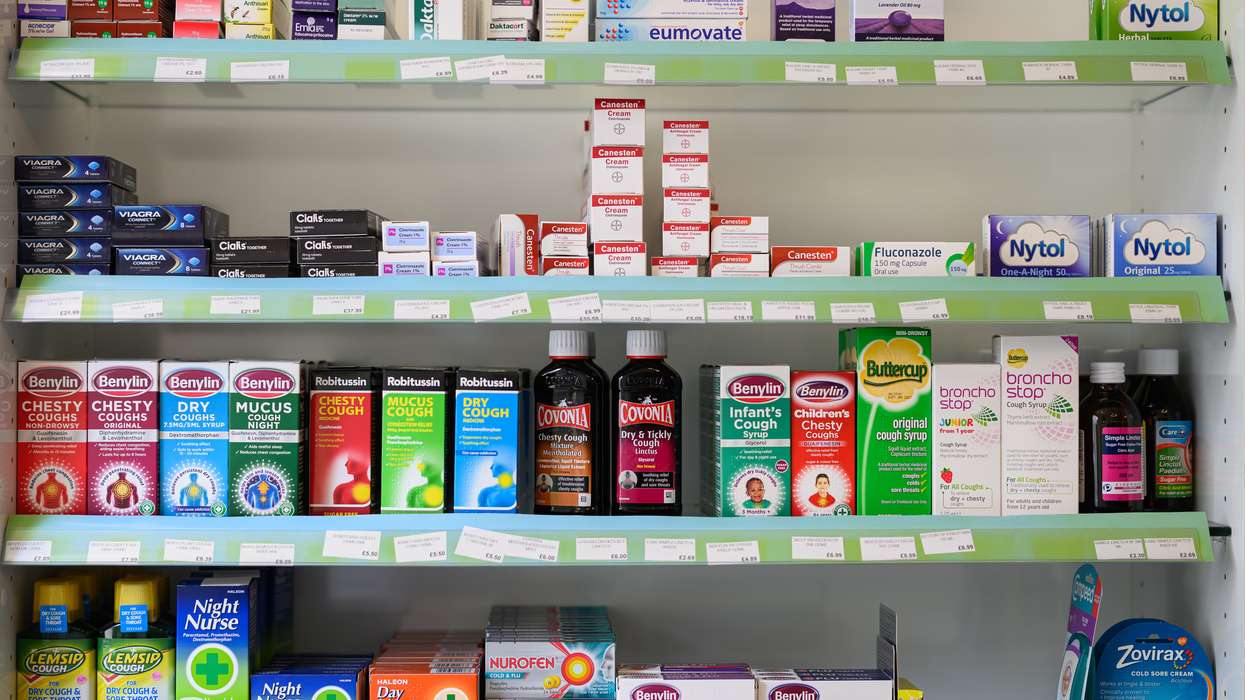By Tariq Muhammad
What skills does a pharmacist need these days? You’d think it would be sufficient to have a good understanding of pharmacy and the ability to offer a great patient service. Whilst this is true of course, the reality of the day to day role demands skills which most pharmacists have not been trained for as part of their formal qualification.
At the very least, pharmacists find themselves responsible for running the pharmacy, managing people, managing processes and dealing with issues relating to customers, suppliers, surgeries, regulators and stakeholders. Even the most junior pharmacists quickly find themselves being accountable for the financial performance of their department and having to work within budgets or deliver on targets.
Remarkably, despite the apparent lack of any formal training in these areas, pharmacists have been able to adapt and meet the challenges of whatever their job has thrown at them.
Many pharmacists go even further, bringing out their inner entrepreneurial spirit to set up their own business. There are now over 6,000 pharmacy businesses owned by independent pharmacists, with this segment growing.
Whilst pharmacists have historically adapted to their environments and picked up the necessary business skills, the rapidly changing landscape of pharmacy will require pharmacists to establish new skills to help ensure their businesses survive and thrive.
Changing landscape
We are entering into a period of the most dramatic change in our professions history and chartering new territory. The government has loosely said that they want to see pharmacists delivering front line services and have started introducing payments for certain services whilst reducing income from the more established role of dispensing putting pressure on businesses to adapt.
New models of dispensing are being proposed, such as Hub and Spoke, without specific instructions on how to make those models work. On top of all this, businesses are having to contend with workload pressures, increasing volumes, staff shortages, increasing cost of goods and services and demand for pay increases.
There is now more pressure than ever before to effect change which may include creating new services or introducing new technologies.
The lack of any apparent central leadership means each pharmacy business is having to navigate its own pathway to a viable future. We are being required to adapt our business models with a limited set of resources in our possession whilst facing a set of scenarios that increase the pressure to move quickly. It’s like we are being asked to solve a puzzle without a set of instructions. This is where leadership comes in.
Change management
Leadership is more than just being in charge of a business or a department. Effective leadership requires an ability to set out a vision and a strategy on how to take the business to that destination.
The case for change needs to include the business context, understanding the purpose of the change, desired outcome. Leadership requires the ability to coherently articulate your vision to others and comprehensively sell it to colleagues so everyone pulls together to achieve this common goal. Change is hard.
It is often met with resistance. By definition, any vision you set out for your business will be creating a change. Whether you are changing your PMR, your dispensing workflow, introducing a new operating model or clinical service, effective leadership is when you develop a clear action plan including priorities, timelines, tasks, structures and resources, and manage your business and your people through that change.
Successful leaders are those who get personally involved. Whilst you can delegate specific tasks, leadership cannot be delegated. The physical presence of leaders throughout the change journey demonstrates to all stakeholders that this change is important.
Personal involvement also means you can quell any discontent, identify issues and adjust your strategy quickly if things aren’t going as planned.
Too often, I see bosses of a company making a decision to do something and then leaving it for their colleagues to make it happen while they go on holiday. This is not leadership.
Perseverance
Change requires patience. No business can change overnight. It takes a while before the benefits of any change can be seen. During this time, business can drop, colleagues can get disillusioned, frustrated, stressed and many will think they are worse off now than they were before. Sometimes, colleagues will threaten to leave. Part of effective leadership is to continuously remind your team of the bigger picture and the eventual benefits to the business.
Your colleagues will need moral support and motivation throughout. If more resources are necessary, then those should be provided. Progress, good and bad, should be communicated.
Early wins, no matter how small, should be celebrated. Individuals who are going above and beyond should be commended. Change is a long haul flight and leaders should encourage their colleagues to buckle in for the journey, and support them through turbulence ahead.
Changing PMR
Few changes in a pharmacy are as big as changing your PMR system. A change to Titan is even bigger as it demands a change to workflow and redeploying staff into different roles. Titan introduces new concepts such as barcode dispensing so the pharmacist is no longer doing final checks.
Titan.X goes further and introduces artificial intelligence where the system is performing clinical checks through automation. Like any big change programmes, Titan requires effective leadership. It is the single magic ingredient between outstanding success and mediocrity.
Outstanding implementations are those where pharmacists and business owners have supported their colleagues through the necessary change management and are now reaping the rewards.
Whatever the future world of pharmacy looks like, we know it is going to be different to what came before. Navigating to that future is going to demand effective leadership at every level. This may not be a skill taught at the Schools of Pharmacy or picked up as part of their day to day job, but given what lies ahead, pharmacists will be adding leadership to their range of skills.
(Tariq Muhammad is the chief executive officer at Invatech Health.)











